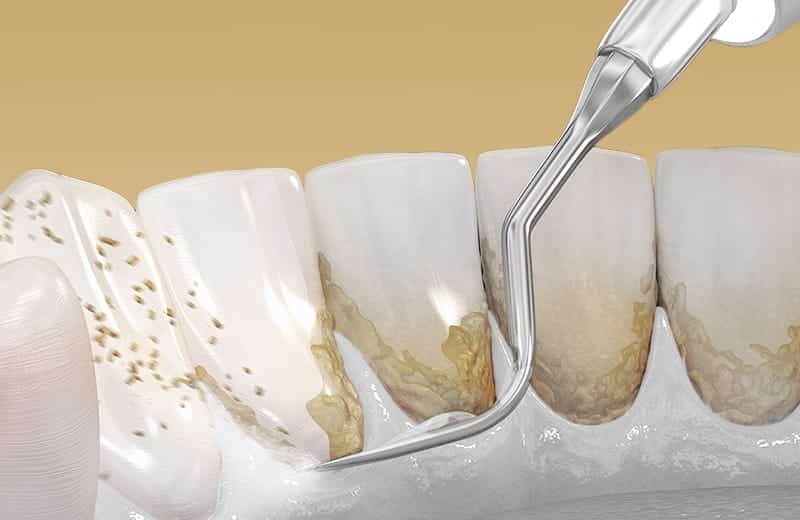Oral hygiene and disease prevention
Regular oral hygiene is like a check-up for both dental health and aesthetics, as well as for your peace of mind. If you notice bleeding gums, strange spots in your mouth, or sensitivity to hot or cold foods, these are signs that it's time to visit an oral hygienist . Our specialists will not only remove plaque, but also help you avoid more serious problems, noticing early changes and referring you to other specialists if necessary.
During professional oral hygiene:
✅ Removes plaque that causes gingivitis and periodontal disease.
✅ Developing caries and other dental damage are noticed in time.
✅ The condition of the oral soft tissues is monitored.
✅ Tooth sensitivity is treated with special means.
✅ The condition of implants and endodontically treated teeth is checked.
✅ The natural whiteness and shine of teeth are restored without additional whitening procedures.
Current issues
Why is it important to perform regular oral hygiene?
Oral hygiene helps remove plaque and tartar , which can cause gingivitis and periodontal disease. It also helps detect tooth decay and other changes in the teeth or soft tissues of the mouth.
What to do if your gums bleed or your teeth become sensitive?
If you have bleeding gums or sensitive teeth, it is important to see a specialist as soon as possible, as this is the first sign of developing gingivitis. An oral hygienist will check the condition of your gums, prevent the spread of infection, and help resolve tooth sensitivity by coating the enamel with special products.
Does oral hygiene help whiten teeth?
Oral hygiene removes surface plaque, which can make teeth appear darker. After the procedure, teeth become cleaner and can regain their natural whiteness. For a more intense effect, an additional teeth whitening procedure can be performed.
Is this procedure suitable for all patients?
Yes , oral hygiene is important for all patients – regardless of age or dental condition, which is why we perform oral hygiene for both adults and children at Bechara Clinic. Regular visits for oral hygiene are especially important if you wear orthodontic appliances, have implants, or suffer from periodontitis.
How many times a year should oral hygiene be performed?
It is recommended to perform oral hygiene 1-2 times a year , but in the presence of certain oral health problems, such as periodontal disease or wearing braces, more frequent visits may be necessary.
I noticed a strange spot in my mouth/on my tongue. What could it be?
If you notice any changes in the soft tissues of your mouth, do not hesitate to visit an oral hygienist or dentist. The specialists will evaluate the changes and, if they do not notice anything suspicious, will reassure you, and if a more detailed examination is needed, they will refer you to other specialists.
What are the prices for oral hygiene?
You can find prices for oral hygiene services HERE .




